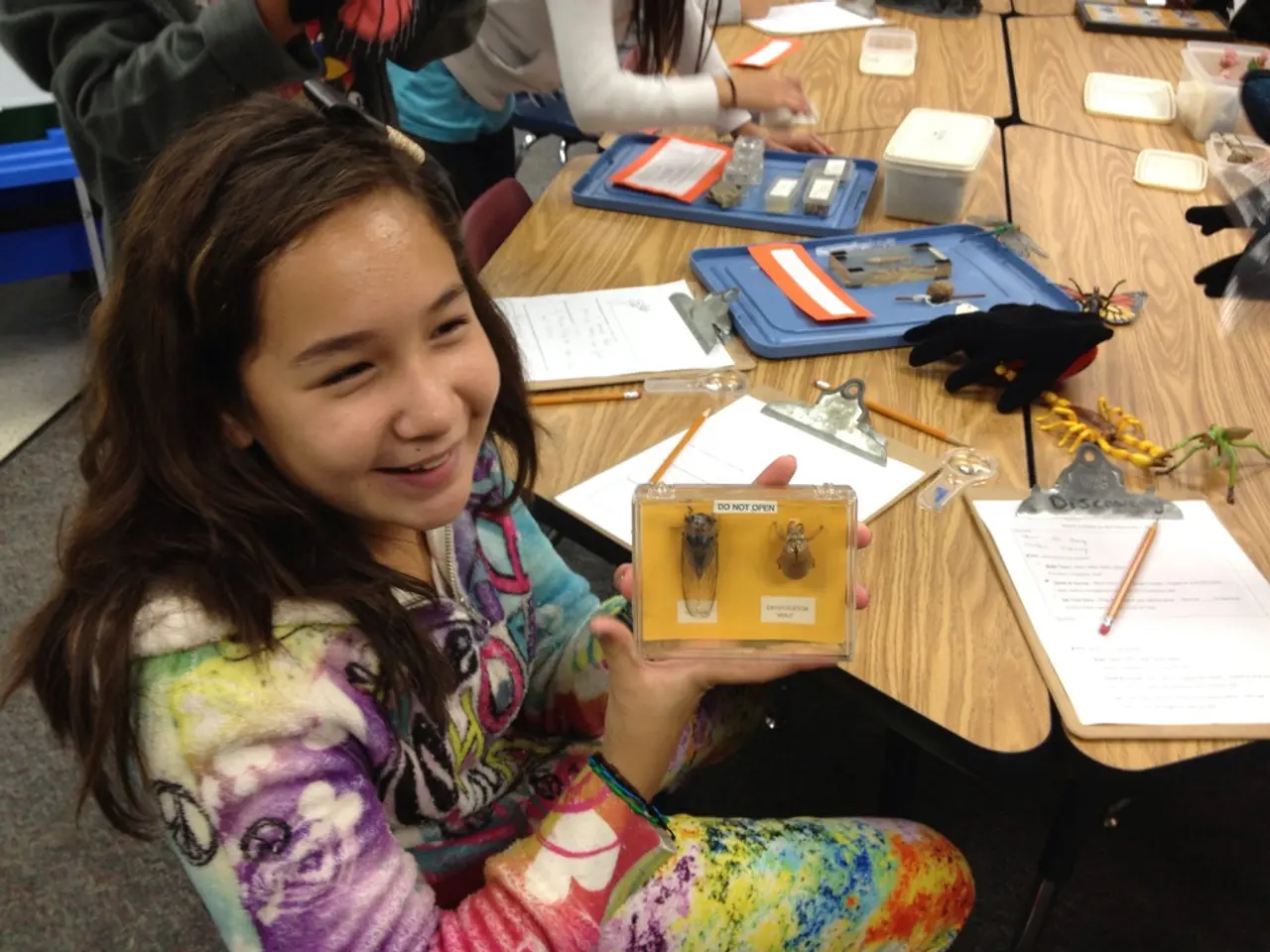Which one poses a greater intellectual hurdle: The Internal Assessment (IA) of International Baccalaureate Biology or Chemistry?
In the International Baccalaureate (IB) programme, both the Biology Internal Assessment (IA) and Chemistry IA present unique challenges for students. While both require careful planning, methodical execution, rigorous analysis, and critical evaluation linked to scientific theory, the degree of difficulty can vary significantly.
Here's a breakdown of the factors that make each IA more challenging:
IB Biology IA
- Experimental Demands: Biology IA experiments often revolve around living systems, ecosystems, or microbiology. Due to the unpredictable nature of biological factors, experiments may require longer observation periods and may involve more variability.
- Practical Challenges: Handling live specimens or ecosystems brings its own set of challenges, including ethical use of animals and organisms, which is strictly regulated. Some experiments might involve fieldwork or microbiology lab setups with contamination risks.
- Nature of Experiments: Biology IA experiments can include ecological surveys, enzyme activity tests, or microbiology assays that may have higher biological variability. Experiments often aim at observing or interacting with effects.
- Data Collection: Data may be more qualitative or semi-quantitative, often with natural variability affecting consistency.
- Analysis Complexity: Statistical treatment to handle biological variability, plus interpretation of biological implications, is required.
- Equipment and Resources: Biology IA requires biological lab equipment, sometimes specialized (microscopes, growth chambers). Risk and disposal procedures for biological materials also apply.
- Ethical & Safety: Strong ethical guidelines for use of animals/plants, risk assessment, and ethical considerations are critical.
IB Chemistry IA
- Experimental Demands: Chemistry IA experiments often involve precise chemical reactions and measurements. Requires control of reaction conditions (temperature, concentration) to maintain reproducibility. More demanding in terms of accuracy and repeatability.
- Practical Challenges: Requires careful handling of chemicals, sometimes hazardous reagents. Precision instruments (e.g., burettes, spectrophotometers) and controlled lab environment are often essential. Safety concerns primarily chemical hazard-based.
- Nature of Experiments: Focused on chemical reactions, titrations, synthesis, or kinetics requiring controlled procedures and exact timing. Chemical transformations are central.
- Data Collection: Data tends to be highly quantitative and numerical precision is critical.
- Analysis Complexity: Data often requires careful calculation and sometimes graphical representation of kinetics or thermodynamics. May involve more complex formulae.
- Equipment and Resources: Requires chemical lab apparatus like burettes, spectrophotometers, fume hoods, and chemical reagents, which may be costly or less accessible.
- Ethical & Safety: Chemical safety protocols are important; risk of burns, spills, inhalation hazards are the main concerns. Ethical concerns mainly about environmental and personal safety.
In summary, Biology IA challenges often stem from managing biological variability and ethical considerations, making designing experiments that are both ethical and scientifically robust more difficult. Chemistry IA, on the other hand, requires a high degree of precision, accurate quantitative skills, and access to controlled lab environments and equipment, which can be challenging in terms of experimental technique and data reliability.
The choice of which is more difficult for an individual will depend on their personal skills and interests: students with stronger quantitative skills and lab technique may find Chemistry IA less challenging, whereas those comfortable with biological complexity and ethical guidelines might find Biology IA more manageable.
To maximize success, students should consider choosing IA topics that genuinely interest them and are feasible within their available resources and constraints. Enthusiasm and practical accessibility strongly affect the IA experience and outcomes.
In both IAs, independent student-designed investigations with limited teacher input after the first draft are required. Achieving success in either IA requires focusing on a clear research question, thoughtful design, and critical evaluation. Both IAs contribute 20% to the final IB grade.
For students seeking additional resources, RevisionDojo offers a library of exemplar IAs, investigation ideas, and templates to help plan and refine your IA.
[1] IB Biology IA Guide [2] IB Chemistry IA Guide [3] IB Ethics Guidelines [4] IB Safety Guidelines
Engaging in online education platforms can provide valuable resources for mastering the unique challenges presented in both the Biology and Chemistry Internal Assessments (IA) of the International Baccalaureate (IB) programme. For instance, learning platforms might offer demonstrations on how to conduct complex experiments, practice problems for improving quantitative skills, and expert insights on designing ethical investigations.
Students interested in self-development and education can take advantage of online learning opportunities to strengthen their skills, adapt to the specified experimental demands, and boost their confidence in addressing practical challenges for both the Biology and Chemistry IAs.




